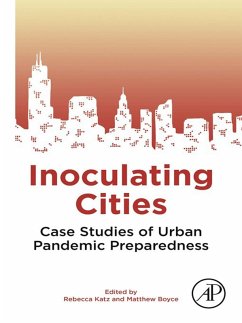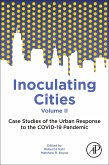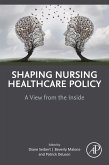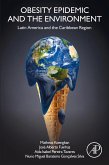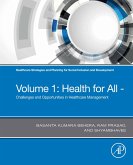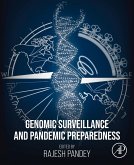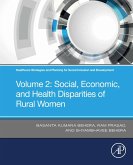Inoculating Cities: Case Studies of Urban Pandemic Preparedness begins with a brief historical description of infectious disease outbreaks in cities as well as an overview of infectious disease outbreaks since 2000 that hold profound implications for cities and urban environments - such as severe acute respiratory syndrome (SARS) in 2003, H1N1 influenza in 2009, Ebola virus in 2014, Zika virus in 2015, and more recently, COVID-19 in 2020. Each of these outbreaks affected different geographies of the world and underscored the importance of urban pandemic preparedness or urban health security as a means of mitigating the threats posed by infectious diseases. This book describes several of the characteristics of cities that make them uniquely vulnerable to infectious disease threats which include, but are not limited to, their population density, population diversity, internal and external population movements, and inequalities in cities. Finally, the book discusses frameworks and capacities that are essential for preparing cities to prevent, detect, and respond to infectious disease outbreaks. With contributions from experts and researchers with first-hand experiences with infectious disease outbreaks, their impact on the management of disease, and pandemic preparedness in progressively urban societies, Inoculating Cities addresses the unique threats infectious diseases pose to urban environments and surveys innovative models that cities are using to combat these threats.
- Offers a global scope and perspective - inclusive of multiple cities, geographies, and infectious disease outbreaks
- Provides in-depth case studies of successful models of urban pandemic preparedness which consist of a brief overview of a city, a brief description of an outbreak or disease burden, and an examination of the unique or innovative capacity that a city used to successfully address the health threat
- Written by an interdisciplinary group of experts and researchers from around the world with first-hand experiences preparing for, detecting, and responding to infectious disease outbreaks
Dieser Download kann aus rechtlichen Gründen nur mit Rechnungsadresse in A, B, BG, CY, CZ, D, DK, EW, E, FIN, F, GR, HR, H, IRL, I, LT, L, LR, M, NL, PL, P, R, S, SLO, SK ausgeliefert werden.

